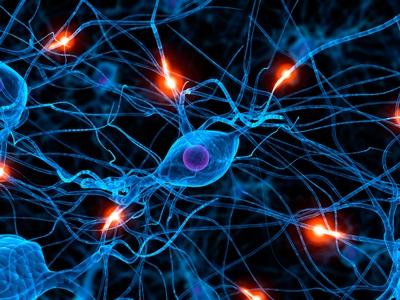
According to NIDA’s glossary, polyneuropathy is a “permanent change or malfunction of nerves.” “Poly” means “many,” so multiple nerves throughout the body such as in the arms, legs, hands, and feet are affected.
Possible symptoms of polyneuropathy are weakness, the feeling of pins and needles, or burning pain. In the most extreme cases, people can have trouble breathing and experience organ failure.
Many things can cause polyneuropathy, from genetics to a nutritional deficiency. But something else can also cause it—inhaling toxic, poisonous fumes, like those found in certain household products, in order to get high.
Long-term inhalant abuse can break down myelin, a fatty tissue that surrounds and protects some nerve fibers. Myelin helps nerve fibers carry their messages quickly and efficiently throughout the body and to the brain. Damaged myelin can lead to muscle spasms and tremors or even permanent difficulty with basic actions like walking, bending, and talking.
Don’t forget about sudden sniffing death, which can occur when inhaled fumes fill up the cells in the lungs with poisonous chemicals, leaving no room for the oxygen needed to breathe. This lack of oxygen can lead to nerve damage, suffocation, and even death.
Sudden sniffing death could occur during a person’s 100th time using inhalants or the first time. There’s no way to predict it.
Learn more about the consequences of abusing inhalants.





Comments
drugs are bad there not good and if you do it youll be screwed!!!!!!!
Don't touch the drugs!
[company name deleted, per guidelines]
naver do durgs
Add new comment